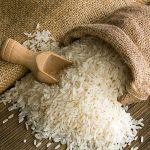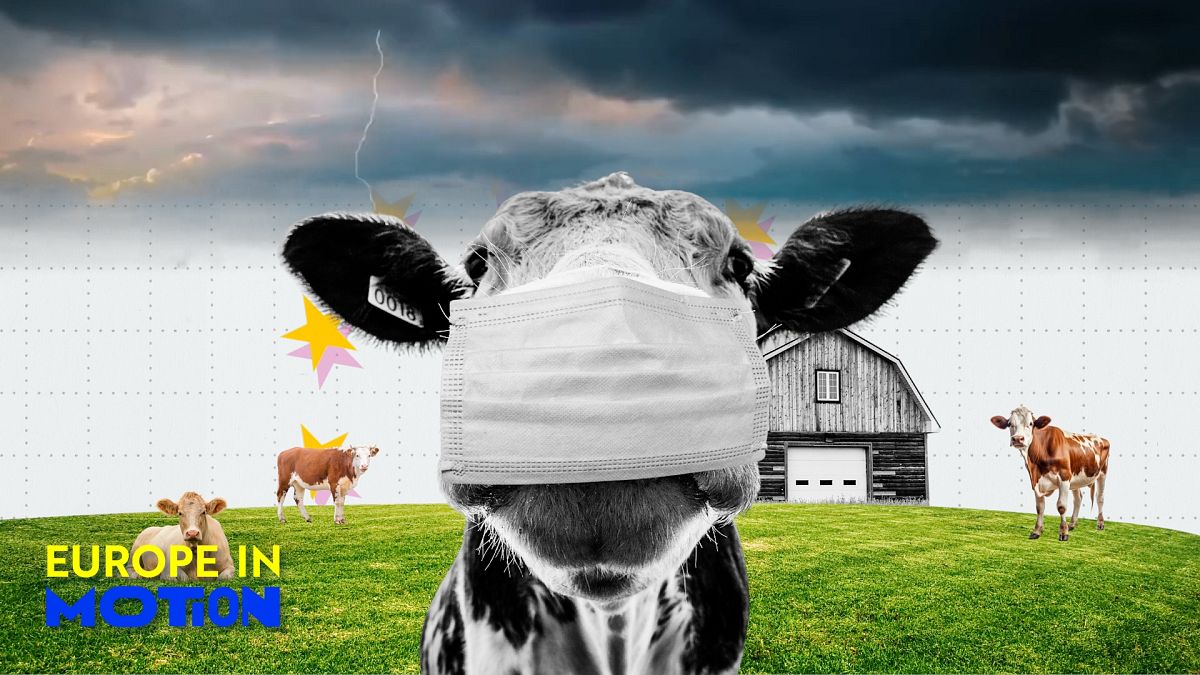In 2024, agricultural prices in the European Union experienced a modest decline, following sharp increases in previous years due to various factors such as the COVID-19 pandemic, extreme weather conditions, and Russia’s invasion of Ukraine. Despite a surge in olive oil prices, the prices of essential food products like cereals, eggs, vegetables, horticultural products, pigs, and poultry all saw drops. Milk prices decreased in 16 EU countries, with the sharpest decline seen in Finland, Portugal, and Spain. On the production side, costs for seeds, veterinary services, fertilizers, soil improvers, food for animals, and plant protection products saw fluctuations as well.
One significant development in the agricultural sector is the EU Commission’s initiative to ensure fair compensation for farmers and protect them from being forced to sell products below production costs. The proposed measures include mandatory written contracts that outline key terms like price, quantity, and delivery timelines, taking market conditions and cost fluctuations into account. Additionally, there is a regulation to enhance enforcement of the Unfair Trading Practices (UTPs) Directive, which aims to prevent unfair practices in the agricultural industry that harm farmers’ interests.
The decline in food prices in 2024 comes as a relief to consumers who have been grappling with rising food costs in recent years. The drop in prices of essential items like milk, cereals, eggs, and vegetables is expected to ease the burden on household budgets and improve affordability. However, the agriculture sector continues to face challenges such as rising input costs and market uncertainties, highlighting the need for measures like mandatory contracts and stricter enforcement of fair trading practices to support farmers and ensure fair compensation.
The sharp increase in olive oil prices in 2024 may have contributed to the overall decline in agricultural prices in the EU, as other essential food products saw drops. Countries like Ireland, Lithuania, and Latvia experienced significant price increases, while Finland, Portugal, and Spain saw declines in milk prices. The fluctuation in production costs for items like seeds, veterinary services, fertilizers, and plant protection products reflects the complexities of the agricultural industry and the various factors that can impact prices.
Overall, the agricultural sector in the European Union is facing a period of transition as prices of essential food products fluctuate and measures are introduced to protect farmers’ interests. The EU Commission’s proposed initiatives aim to ensure fair compensation for farmers and prevent unfair trading practices that harm their livelihoods. As consumers benefit from lower food prices in 2024, the focus remains on supporting farmers and ensuring a sustainable and competitive agricultural industry in the EU. With ongoing challenges and uncertainties, collaboration between stakeholders in the agriculture sector will be crucial in navigating future developments and ensuring a stable and resilient food supply chain.











